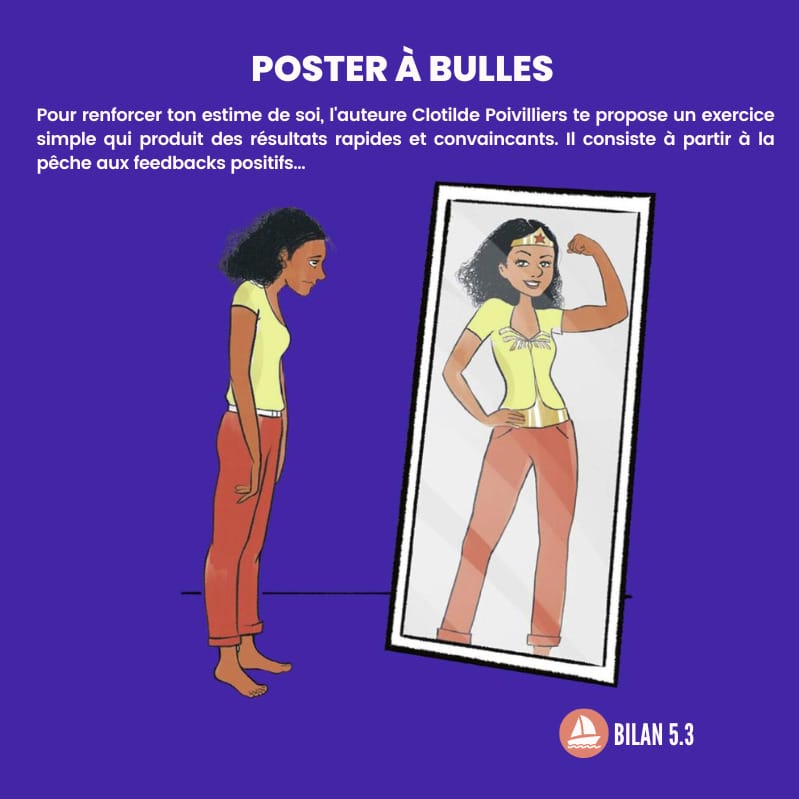February 21, 2006 – Herbal preparations from Traditional Chinese Medicine (TCM) may be effective in relieving diarrhea, constipation, abdominal pain or bloating associated with irritable bowel syndrome. At least that’s what emerges from a summary of clinical trials1 which has just been published under the aegis of the prestigious medical database The Cochrane Library.
With funding from the US and Canadian governments, the researchers analyzed 75 clinical trials identified primarily in Chinese medical publications. Each of them aimed to assess the therapeutic efficacy of a herbal remedy for the treatment of irritable bowel syndrome. Over 90% of these clinical trials were conducted and published in China and are not listed on Medline, the global medical data bank. Their results were, therefore, unknown in the West.
Almost 8,000 adult subjects with irritable bowel syndrome participated in the 75 trials. Overall, the results indicate that several of the treatments given gave them significant relief compared to a placebo or conventional treatment. The number of subjects ranged from 43 to 453, or, on average, 105 patients per study.
In all, about 70 different preparations have been tested, mostly comprising several medicinal plants belonging to traditional Chinese, Tibetan or Indian pharmacopoeias. Among the preparations that have given promising results, the authors point out the two Chinese preparations STW 5 and STW 5-II, the Tibetan remedy Padma lax, the traditional Chinese preparation Tong Xie Yao Fang as well as an Ayurvedic preparation called “with two herbs”.
Placebo was used in only 6 of 75 trials. In the others, the effects of the herbalism preparation were compared to a treatment of classical medicine. Chinese researchers have ethical reservations about the use of a placebo for the treatment of patients. In general, they prefer to use standard treatment for the control group. Without criticizing the merits of this practice, the authors point out that the conventional treatments selected are sometimes synthetic drugs whose effectiveness has not been demonstrated or which are considered ineffective in the West.
It must be said that in Western scientific circles, we generally place little faith in the results of clinical trials conducted and published in China: they are considered to be often biased.2.
In any event, the authors of this synthesis conclude that, despite the methodological weaknesses identified, the results of the analyzed trials justify the conduct of more extensive trials to verify the clinical utility of certain oriental herbal preparations for relief from irritable bowel syndrome, an incurable condition at the present time.
Pierre Lefrançois – PasseportSanté.net
According to Reuters Health.
1. Liu J, Yang M, Liu Y, Wei M, Grimsgaard S. Herbal medicines for treatment of irritable bowel syndrome, Cochrane Database Syst Rev, 2006 Jan 25; (1): CD004116.
2. Vickers A, Goyal N, Harland R, Rees R. Do certain countries produce only positive results? A systematic review of controlled trials, Control Clin Trials, 1998 Apr; 19 (2): 159-66.















